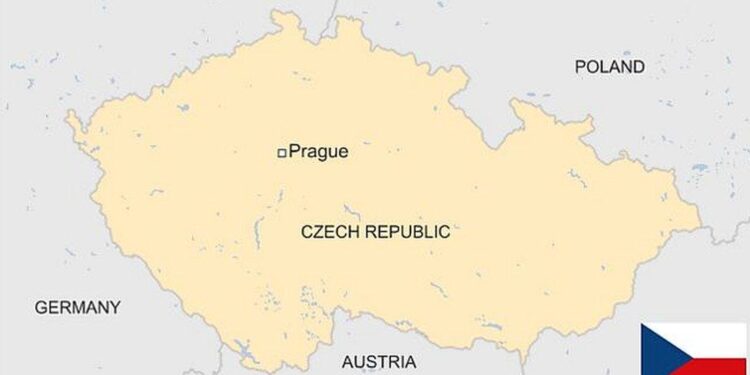The Czech Republic has announced new restrictions limiting the entry of Russian diplomats, signaling a significant escalation in diplomatic tensions between Prague and Moscow. This move comes amid ongoing concerns over espionage and growing geopolitical friction in Europe. The development, reported by The Moscow Times, underscores the deepening rift as both nations navigate an increasingly fraught bilateral relationship.
Czech Republic Tightens Diplomatic Restrictions on Russian Officials
The Czech government has introduced stringent measures aimed at curbing the activities of Russian diplomatic personnel on its soil. The new regulations impose stricter visa constraints and enhanced monitoring protocols, reflecting growing concerns over espionage and covert operations. Authorities emphasized that these steps are part of a broader effort to safeguard national security amid escalating geopolitical tensions in Eastern Europe.
Among the key restrictions implemented are:
- Reduction in the number of Russian diplomats allowed entry.
- Mandatory reporting requirements for unofficial meetings.
- Increased surveillance of diplomatic communications and property.
| Restriction | Description | Effective Date |
|---|---|---|
| Visa Quotas | Limiting issuance to essential staff only | June 15, 2024 |
| Meeting Declaration | Prior notice required for diplomatic engagements | July 1, 2024 |
| Surveillance Expansion | Expanded electronic and physical monitoring mandates | June 20, 2024 |
Impact on Bilateral Relations and Regional Security Dynamics
Relations between Prague and Moscow have noticeably deteriorated following the Czech Republic’s decision to limit the entry of Russian diplomats. This move, perceived as a firm stance against Russian governmental activities on Czech soil, has ignited tensions that ripple beyond bilateral interactions. Moscow has condemned the restrictions as an unjustified provocation, warning of potential diplomatic retaliations. Meanwhile, Czech officials emphasize that these measures are aimed at safeguarding national interests and countering espionage, reflecting a broader shift in Eastern European diplomatic strategies.
On a regional scale, the development has underscored a recalibration of security dynamics in Central Europe. Neighboring countries and NATO allies are closely monitoring the situation, as Prague’s actions signal a growing resolve among EU members to confront perceived Russian assertiveness. Key implications include:
- Enhanced intelligence cooperation among EU and NATO nations to deter covert operations.
- Heightened diplomatic vigilance in the region, potentially increasing political tensions.
- Greater emphasis on cybersecurity as part of national defense frameworks.
| Aspect | Potential Effect |
|---|---|
| Diplomatic Exchanges | Possible reduction or suspension |
| Regional Security Cooperation | Increased coordination & intelligence sharing |
| Public Sentiment | Heightened wariness towards Russian activities |
Strategies for Navigating Diplomatic Tensions Amid Escalating Sanctions
In response to the tightening of sanctions, governments must employ a balanced mix of diplomatic engagement and strategic restraint. Prioritizing open channels of communication is essential to prevent misunderstandings that could escalate into conflict. This includes leveraging backdoor diplomacy to keep dialogue ongoing even when official relations strain under political pressure. Additionally, multilateral forums provide a platform for collective negotiation, ensuring that responses to sanctions are coordinated and more effective.
States should also focus on building resilience through diverse diplomatic tools. Strengthening alliances and fostering new partnerships can offset isolation from certain nations. Below is a summary of key approaches currently influencing diplomatic tactics:
| Strategy | Purpose |
|---|---|
| Backdoor diplomacy | Maintain communication under the radar |
| Alliance reinforcement | Bolster mutual support among like-minded countries |
| Economic diversification | Reduce dependence on sanction-imposing states |
| Multilateral negotiations | Coordinate responses through international bodies |
The Conclusion
As tensions continue to escalate between the Czech Republic and Russia, the recent restrictions on Russian diplomats’ entry mark a significant development in their diplomatic relations. This move underscores Prague’s ongoing concerns over Moscow’s activities within its borders and signals a firmer stance amid broader geopolitical frictions. Observers will be watching closely to see how Moscow responds and what impact this will have on future diplomatic engagements between the two nations.
















